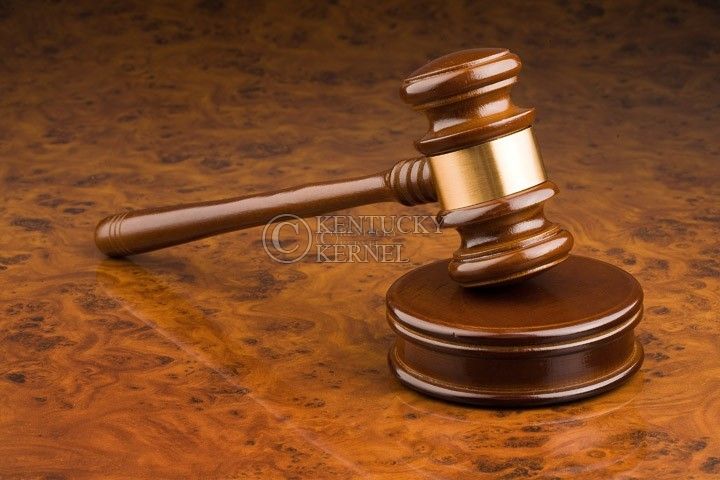Below the bar: Students worry about College of Law curriculum
January 22, 2010
Recent statistics of an exam have caused some students to question the quality of courses in the UK College of Law.
The bar exam is a test given to any lawyer wishing to practice law in a certain state, and passing the exam is mandatory. Some UK law school students are concerned about the bar exam passage rate at UK compared to other Kentucky universities.
For July 2009, UK reported lower bar passage rates than Northern Kentucky University and the University of Louisville. UK’s first-time takers had a passage rate of 83 percent, which was 6 percentage points lower than NKU.
From July 2008 to July 2009, UK’s first-time takers and all-time takers passage rate dropped 12 percentage points.
Mary Davis, associate dean of administration for the College of Law, said she is not concerned with the numbers and feels the UK administration is focusing on its own students.
“I am not in the business of competing against other law schools,†Davis said. “My business is educating our students … Âand ensuring that, to the extent that we can, our students pass.â€
Although there was a slight increase in the passage of UK Law alumni consisting of first-time takers and all takers last year, some third-year students are concerned with whether or not they are being prepared for the bar exam.
Anna Girard and David Newton, both third-year law students, expressed their concerns.
Girard, president of the Student ÂBar Association, said she found research about what classes UK Law does not offer and what classes people who failed the bar did not take.
“The two most commonly not-taken classes (last year) from people that failed the bar exam were Conflict of Laws and Secured Transactions,†Girard said. “As a result, Conflict of Laws is not being offered this semester for the law students.â€
Because some classes are not offered every semester, Davis said the Conflict of Laws class might not have been the contributing factor for the recent bar passage rate.
“We don’t have any information for this year or any year about whether a particular course that was or wasn’t offered caused a person to pass or not pass the bar exam,†Davis said.
Newton said some professors have told students not to worry about certain material because it would be covered in the bar review class. Currently, third-year students are required to pay for a $3,000 bar exam review class after graduation, which is not associated with the university.
“I think there’s maybe a divorce between the teachers and the test because they don’t see themselves as preparing students for the bar because of the $3,000 bar review class,†Newton said. “I just think the law school should be about turning people to be lawyers, not turning people to meet academics.â€
Girard suggested UK have a bar exam review class built into the curriculum, similar to that at NKU. Reviewing that material would be beneficial, she said, even if certain other classes aren’t offered.
“It’s better than nothing,†Girard said.























































































































































